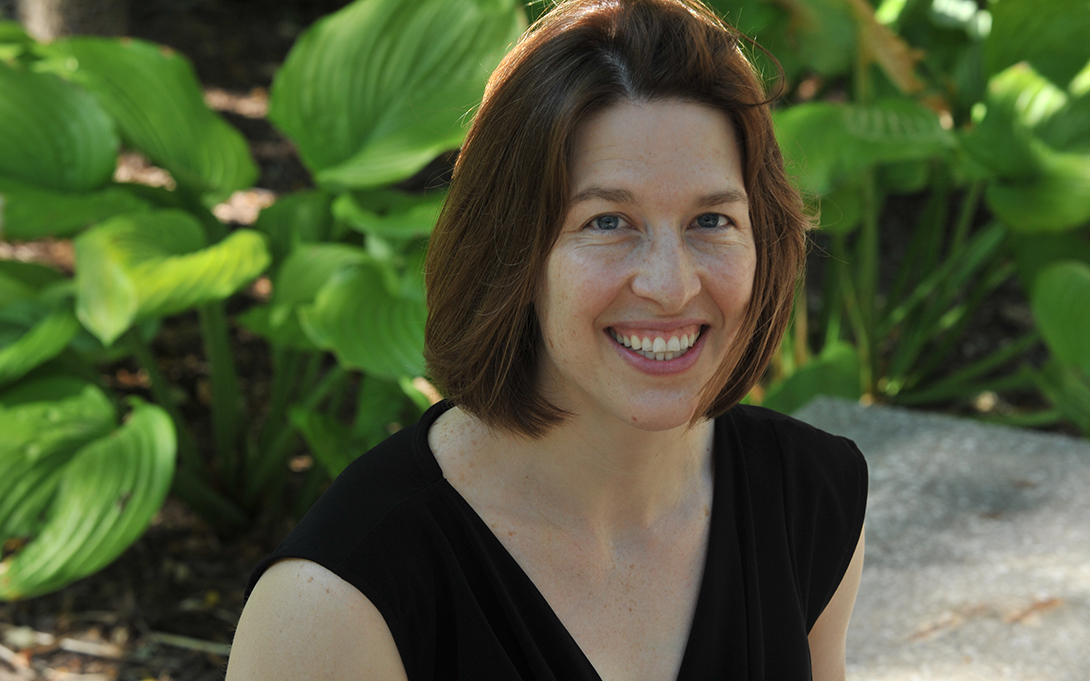
An article written by Agence France Press June 12 and distributed to publications around the world states that “lockdowns undoubtedly prevented large numbers of deaths from the new coronavirus, [yet] the repercussions of the pandemic response are expected to blight economies and health systems long after restrictions are lifted. So how can we quantify the costs and benefits of one of the largest public health interventions ever?”
Sarah Burgard, faculty by courtesy at the Ford School, says in the article, “This is a very difficult calculation to make.”
Burgard said in the end it may prove difficult to untangle how many deaths were caused by Covid-19 and how many by “the chaos and fallout” of the crisis.
“I don’t have a lot of faith that we are going to be able to come up with a very clear number,” she said.
Even if a figure is reached, decisions over its implications would be “heavily political and ethically complex.”
For the full article, as published in Courthouse News Service, click here.
Sarah Burgard is an associate professor and Director of Graduate Studies at the University of Michigan Department of Sociology, an associate professor of epidemiology, and a professor of public policy at the Ford School. Her research focuses on the way systems of stratification and inequality impact the health of people and populations. Much of her work focuses on socioeconomic, gender, and racial/ethnic disparities in working lives and the relationships between working careers and health. She studies mental and physical health, as well as health behaviors, with a particular interest in sleep. In related work, she has studied the impact of recessions on well-being. Dr. Burgard also studies adult and child health in Brazil. She holds an MS in epidemiology and PhD in sociology from the University of California at Los Angeles.